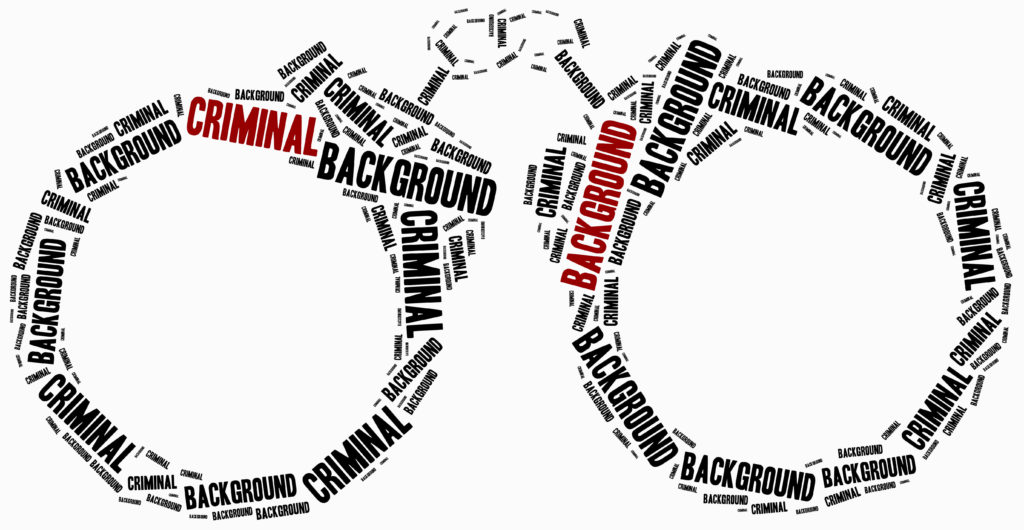No matter your criminal history, it’s a good idea to check your criminal record. If you know that you’ve got convictions in your past it’s important to make sure that the information contained there is actually accurate. If you’ve never been convicted of a crime, you may be asking yourself “Why should I check my criminal record?”. The answer is that courts and government agencies sometimes make mistakes and you don’t want to find out that you’re a victim of one when you’re applying for a job and they find erroneous data.
The good news is that there are several ways that anyone can check their criminal record. Since this type of information is public data, it’s fairly easy to obtain. To make the process easier, here’s an overview of how you can check your criminal record, and what to look for once you’ve done so.
Manual Records Search
If you don’t mind doing a little bit of legwork yourself, obtaining your records is possible by directly contacting the relevant agencies. A great place to start is to visit the local courthouse in the jurisdiction where you live. If you’re not sure where to find it, you can use the search tool on the National Center for State Courts website. Most state court systems will have an office of records that will be able to provide you with the information you’re looking for.
Finding your records this way can become complicated, however, if you’ve lived in several places. Since these databases aren’t nationalized, you may have to travel to each state that you’ve lived to assemble a full criminal record. You can check with each state you have lived in to determine if your records request can be processed online, by phone, or by mail. If you’re lucky it might cut down on your total required travel.
Use a Background Check Service
Since collecting all of your records from every relevant locality can be time-consuming and costly, you may opt to use a background check service to do the work for you. These services are exactly how prospective employers conduct background screening of potential new hires. The obvious benefit here is that it’s far less work for you, and they will provide you with all of the same information you would have been trying to collect yourself.
Professional services like these also have contacts and connections in the courts and record halls all over the country, so they will know exactly who to contact on your behalf. You can find numerous background check websites to do the work for you.
What May Be Contained In My Criminal Record?
There’s no single set of things that you can uniformly expect to find in a criminal record across all jurisdictions. This is because each local, state, and federal law enforcement and court system has their own reporting requirements. At the least, you can expect to find information such as:
- Address history
- Names and aliases
- Date of birth
- I.D. Photo
- Fingerprints
You can also expect to find a mix of criminal history information, like past arrests, convictions, outstanding warrants, and criminal charges filed. One thing that you shouldn’t see is any records that you have successfully petitioned to have expunged from your record.
Make Sure All Information is Accurate
Now that you have gathered your criminal record, you’ll need to review it to make sure that everything listed is correct. Anything that you find listed will tell you dates and locations, as well as case numbers and other relevant data. Using this information, you should be able to contact the agency responsible for the item listed to challenge its inclusion in your record. Unfortunately, cleaning up any inaccuracies can take some time, since most courts and police departments have backlogs of work to contend with. It’s worth the effort, though, since an incorrect criminal record can permanently limit your employment potential.

